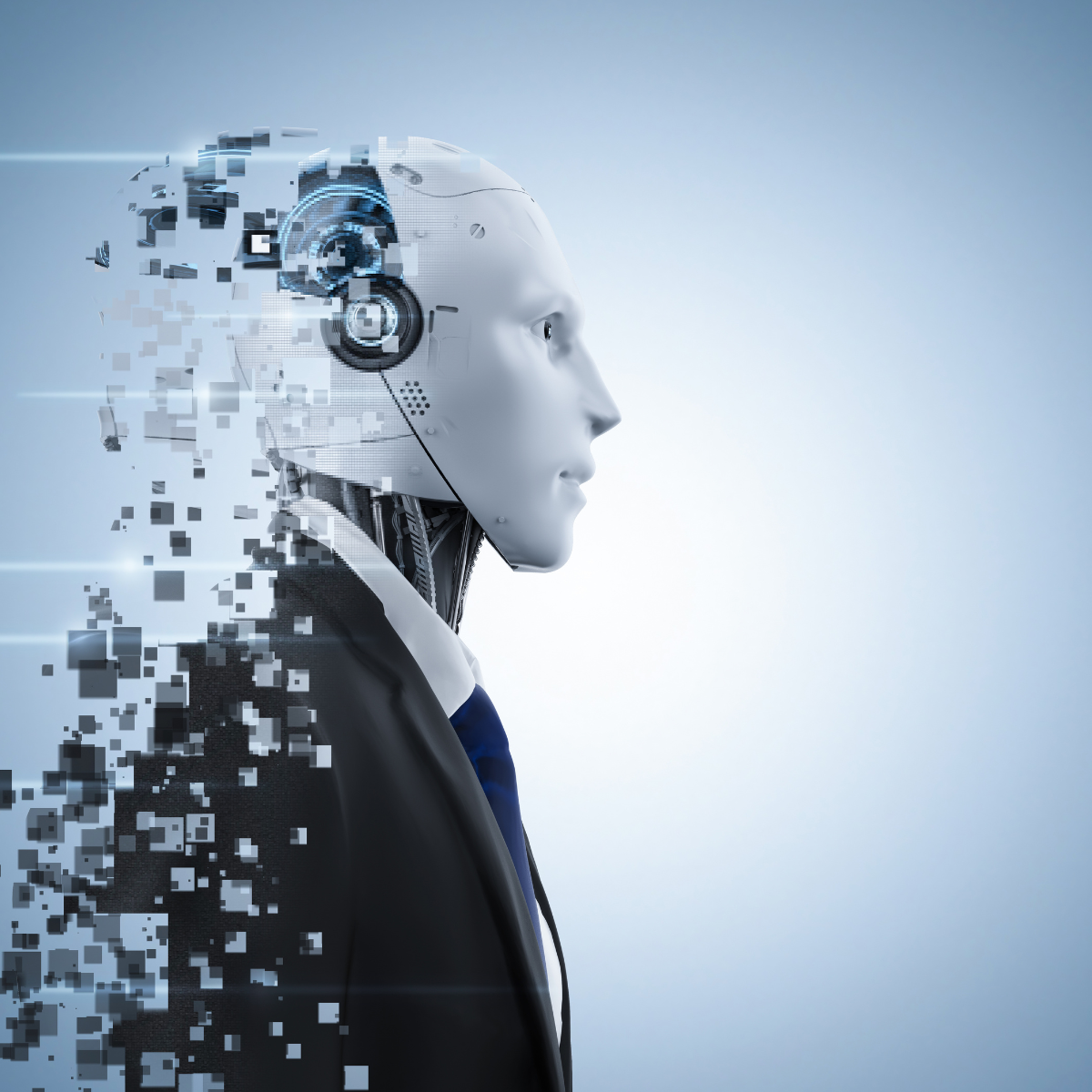RESEARCH PAPER
AI-Generated Content: Understanding Its Shortcomings – Originality, Context, Bias, Ethics and Emotion

Introduction
Artificial intelligence (AI) has made significant strides in recent years and has the potential to revolutionize many industries. However, the limitations of AI-generated content must be acknowledged and understood. This research paper will explore the limitations of AI-generated content, including lack of originality and creativity, limited understanding of context, bias in training data, ethical concerns, limited ability to explain its decision, and lack of emotional and human touch.
Lack of Originality and Creativity
One of the main limitations of AI-generated content is the lack of originality and creativity. AI systems are often based on existing data and patterns, resulting in repetitive and formulaic output. This can make the content generated by AI seem uninspired and lacking in imagination. Additionally, AI systems may have difficulty understanding and replicating the creative processes that humans use to generate original content.
Limited Understanding of Context
Another limitation of AI-generated content is the limited understanding of context. AI systems may have difficulty understanding the nuances of language and the context in which it is used, leading to errors or inappropriate content. For example, an AI system that generates text may use a word or phrase that is appropriate in one context but not in another. Additionally, AI systems may have difficulty understanding the intended audience or purpose of the content, leading to content that is not well-suited for its intended audience.
Bias in Training Data
A major limitation of AI-generated content is bias in training data. If the data used to train an AI system is biased, the resulting content will also be biased. This can lead to unfair or discriminatory outcomes, such as content that perpetuates stereotypes or reinforces existing power imbalances. Additionally, bias in training data can limit the diversity of the content generated by AI systems, making it less representative of the full range of human experience.
Ethical Concerns
The use of AI-generated content also raises ethical concerns. There are concerns about the implications of AI-generated content on issues such as job displacement and the spread of disinformation. Additionally, there are concerns about the ability of AI systems to understand and respect the boundaries of personal privacy and the right to free expression.
Limited Ability to Explain its Decision
Another limitation of AI-generated content is the limited ability to explain its decision. AI-generated content is based on complex algorithms and processes, making it difficult for humans to understand how and why a particular piece of content was generated. This can make it difficult to identify and correct errors or biases in the content generated by AI systems.
Lack of Emotional and Human Touch
Finally, AI generated content can not replicate the creativity, emotional touch and personalization that humans can bring to the content. AI systems lack the human emotions and experiences that inform human-generated content, making it difficult for them to understand and replicate the emotional impact of content.
Conclusion
While AI has the potential to revolutionize many industries, it is important to acknowledge and understand the limitations of AI-generated content. These limitations include lack of originality and creativity, limited understanding of context, bias in training data, ethical concerns, limited ability to explain its decision, and lack of emotional and human touch. By understanding these limitations, we can work to mitigate their effects and ensure that the content generated by AI is accurate, fair, and representative of the full range of human experience.